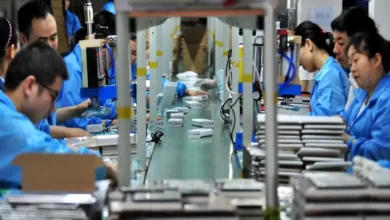Saudi Arabia approves new tourism sector rules to boost jobs for citizens

Saudi authorities have approved new rules for the tourism sector aimed at boosting jobs for citizens, requiring licensed facilities to register workers and comply with localization measures, the Saudi Press Agency (SPA) reported.
Saudi Arabia’s new rules bar tourism companies from outsourcing jobs reserved for citizens to foreign workers or entities outside the Kingdom.
Instead, any outsourcing must go through firms licensed by the Ministry of Tourism or the Ministry of Human Resources and Social Development, with the positions assigned to Saudi nationals.
The ministry also made it mandatory for all tourism and hospitality facilities to employ a Saudi receptionist during working hours, part of wider efforts to boost the visibility of nationals in front-line roles.
The Ministry of Tourism said the approved policies “set out the requirements and procedures for localizing activities and registering workers in line with the issued decision.”
The measures apply to all economic activities licensed by the ministry under the National Classification for Economic Activities.
The rules require all employees in tourism facilities to be registered with the Ministry of Human Resources and Social Development before starting work.
Their contracts must be documented through the “Ajeer” platform or other approved systems, whether under contracting, secondment, or seasonal work arrangements.
Companies with multiple branches must also register staff under each individual tourism license.
“Violations will be monitored in cooperation with the Ministry of Human Resources and Social Development,” the ministry said.
The move is part of Vision 2030, Saudi Arabia’s economic transformation plan, which positions tourism as a major engine of growth.
Alongside the goal of attracting 150 million visitors annually by 2030, the strategy emphasizes Saudization policies to ensure the creation of sustainable jobs for citizens.
Expanding opportunities for nationals in the tourism workforce is seen as central to achieving these targets.










